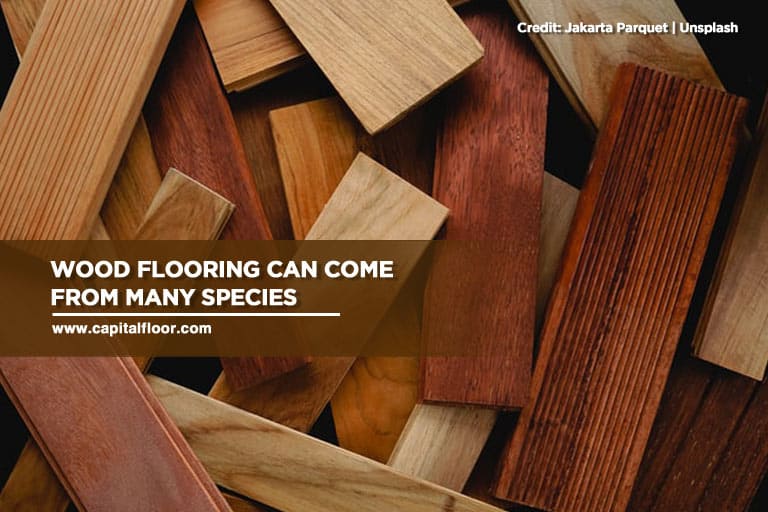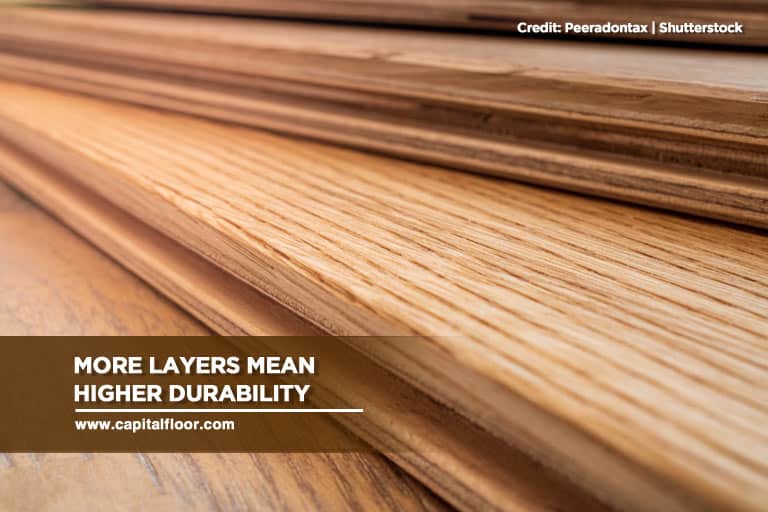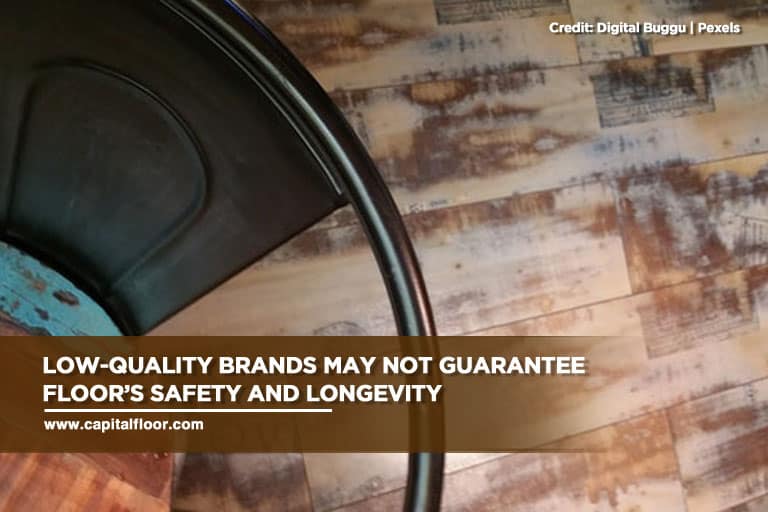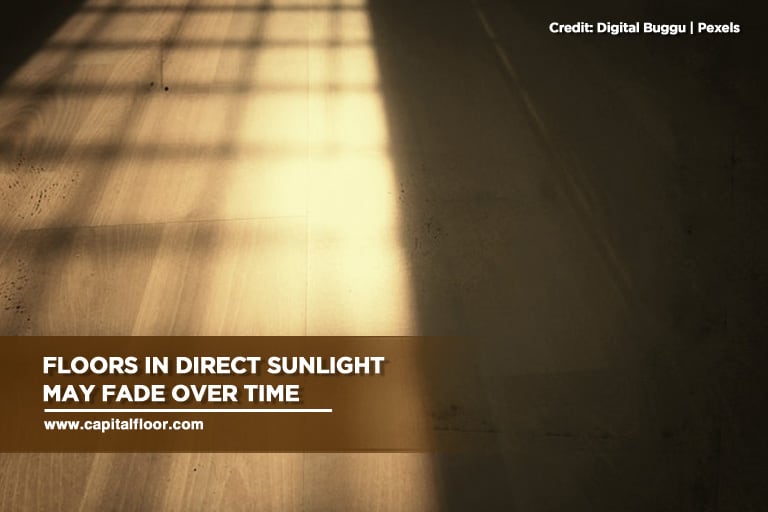Our showroom is open to the public. Please click HERE for more details.
Our showroom is open to the public. Please click HERE for more details.
If you want to have a strong wood finish at home, you most probably have to go for solid hardwood floorings. Hardwood floors are known to increase the value of homes by up to 2.5% — it’s no wonder why many homeowners prefer hardwood floors. Fortunately, recent improvements in engineered flooring quality have made it a viable alternative to solid plank flooring.
Engineered hardwood flooring is comprised of a top layer of a hardwood veneer attached to a composite material backing. While it may not be solid throughout, its quality and finish are still comparable to that of solid hardwood floors. You won’t even notice the difference. The only thing left to do is for you to pick the best engineered wood flooring.
So, how do you choose engineered wood flooring?
Whether you want the best engineered wood flooring for the kitchen, living room, or bedroom, here’s what you need to do to get the right product:

One of the most exciting aspects of picking a new floor is deciding on your wood species. Engineered hardwood floors are no different. There is a wide range of species available to choose from. There are several tree species, each with its own distinct appearance. However, some are more long-lasting than others.
The Janka Hardness Scale can help you determine which wood species are the most resistant to dents, dings, and scratches. If the Janka rating is higher, that means the wood is more scratch-resistant. You’ll want to seek a tree that has a higher rating especially if you have pets or young children at home.
When choosing engineered wood, the first thing you should do is look at the length. Usually, you’ll want to use planks that are at least 2 feet in length.
Anything shorter than that, especially when used in bigger spaces with high ceilings, may make it appear like patchwork. Choose lengths ranging from 24 to 120 inches.
The underside of your engineered wood floor will never be visible, but that doesn’t mean it isn’t vital. In reality, the core is one of the most important aspects in evaluating the quality of wood flooring. Not all cores are made equal, which is why you need to pay close attention.
Engineered wood cores are often made of fibreboard or plywood. Although each of these materials is made of actual wood, their construction differs slightly. Fibreboard is made up of a variety of wood fragments that have been bonded together under pressure, while plywood is made up of individual wood fibres that are attached in a perpendicular pattern, also known as a grain pattern. With that in mind, plywood outperforms fibreboard in terms of strength and durability.

Finding the best engineered wood flooring also depends on the number of layers in your plywood — the normal range is 3 to 9 layers, although it is not uncommon for some floors to have more. The more layers (or plies) the product has, the more durable it is and the higher its quality. Plywood with 9 or more layers will, of course, be more expensive, but you will definitely be getting what you pay for in the long run.
For engineered wood flooring, a thicker veneer layer is always preferable because it allows you to refinish it. You can’t restore engineered wood flooring if there isn’t enough wood in the veneer layer to allow for sanding. It would be a total disappointment and a huge waste of investment when you can’t refinish your floors once they are worn out.
Veneer thicknesses range from 1mm to 3mm and more. A veneer thickness of at least 3 mm is highly recommended as this provides an opportunity for the floors to be sanded and refinished at least 2 more times.
An engineered wood floor with a veneer layer thinner than 2mm should be avoided because it can’t be sanded and refinished if it’s too thin.
If this puts a strain on your budget, consider alternate flooring options such as laminate or other types of vinyl flooring. It’s difficult to tell the difference between vinyl plank and real hardwood these days. Additionally, these alternatives are often waterproof especially when water-resistant hardwood floor is scarce.

Some engineered wood manufacturers are known to use volatile organic compounds, like formaldehyde-containing glue, in their products. Once installed, these floorings go through an off-gassing process, which might be harmful to your health. Make sure that you only get your products from the best Canadian engineered hardwood flooring manufacturers.
Luckily, only a handful of manufacturers use these adhesives. To be sure, get your flooring from a local flooring store rather than a large box store. Unlike the big box retailers, local flooring stores specialize in wood manufacturing and don’t sell low-quality goods.
Engineered hardwood flooring is one of the most durable wood flooring solutions available. But, as with all varieties of wood flooring, it is not entirely resistant to damage caused by pets, children, and high heels.
No matter how thick the veneer layer, if made from softer wood species, engineered wood floors will be more prone to scratches and dents. Pine and Douglas fir flooring, for example, are both considered “softwoods”. Solid softwoods may endure a long time, but they require more frequent refinishing since they are more easily scratched. The downside is frequent refinishing can quickly wear down your flooring, resulting in a loss of resale value.

One of the disadvantages of wood flooring is that wood, be it solid or engineered, may fade in direct sunlight without a UV-protective coating. If your floors will be exposed to the sun frequently, you are better off choosing a UV-protected material.

If you are keen on getting wood flooring into your home, these tips on how to choose the right engineered hardwood flooring can come in extremely handy. You can also talk to your local flooring experts for more information.
If you need engineered hardwood flooring in Toronto, Capital Hardwood Flooring is the place to be. We offer premium engineered wood flooring that is surely worth every dollar. Call us today at (416) 536-2200 to book an appointment.